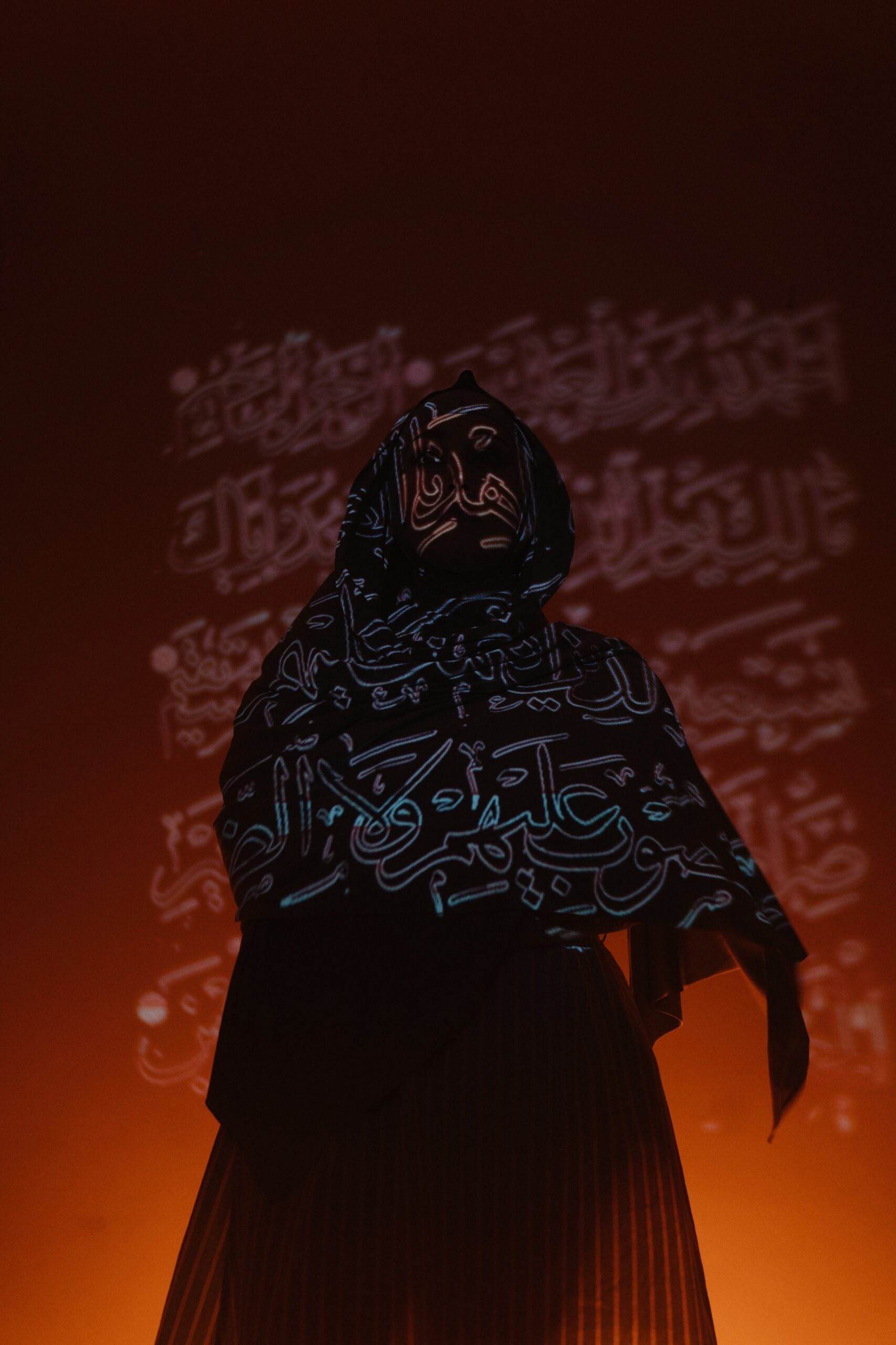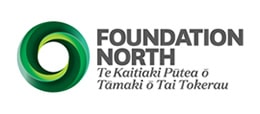- Casey Roberts
- Sedona Milich
- Paturiri Toautu
- Sonja van Kerkhoff
Thank you to all the entrants. We are really excited to bring this competition back in 2023 with new ideas on how to help people take steps into film making. Our aim is to give people more support through workshops and online resources to help get started with their ideas.
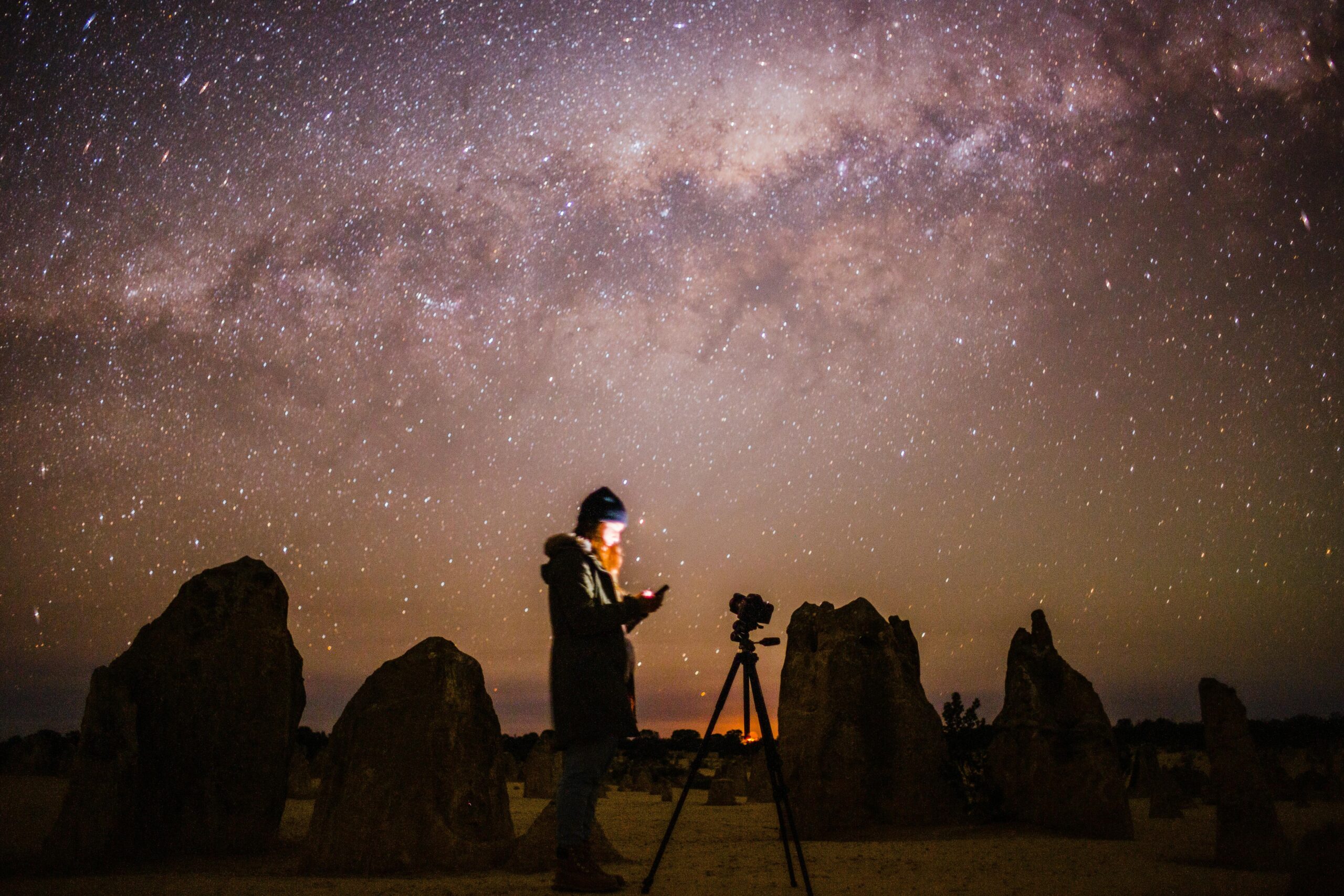
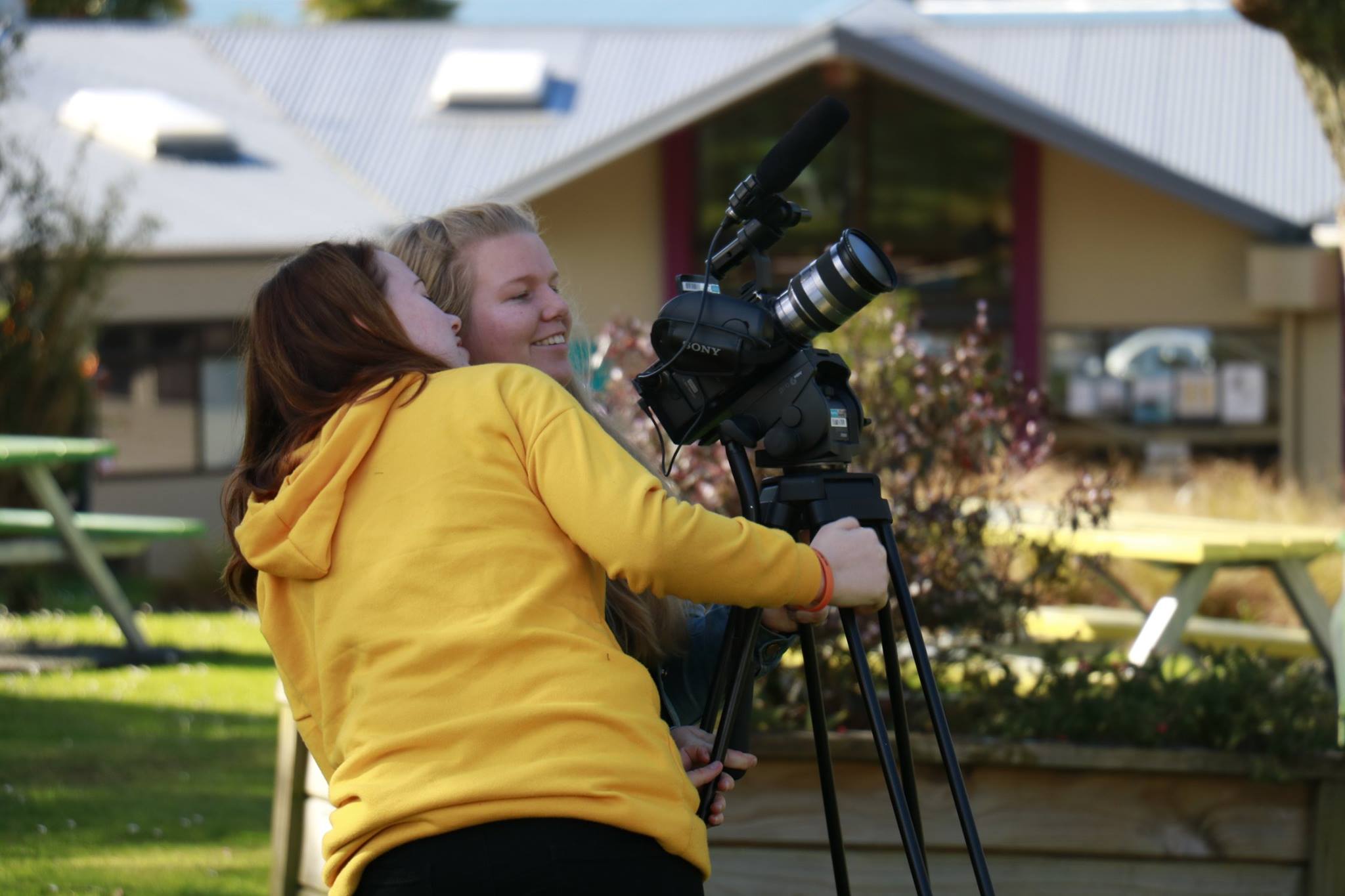
So you are going to make a movie!
Congratulations, that decision is the first big step to making it happen.
Well, next you could just grab a camera and get going or better still you could start by planning what you want to do.
The first questions to ask are:
- What is the story you want to tell?
- Who are you telling this to?
- How are you going to tell it?
These notes and resources are here to help you plan your film and have it ready to enter into the Northland Matariki Short Film Competition.
You don’t have to use them, but they can help you with your planning, and if it’s an area you want to work in, a lot of these tools are used by professional Screen/Film makers.
All the best and make sure you have fun being creative!
In the lead up to creating your Film to submit to us, there’s some steps you can do in your planning stages. Here’s some key terms and some resources for you to prepare to tell your story.
Genre
Genre is about the kind or style of story you want to tell.
Is it a drama with scripting lines of dialogues? Animation (drawn or stop-frame or Computer generated)? A documentary?
Story & Script
A good story has a beginning, middle and an end – in whatever way you tell it, or whatever order you tell it. Where is this going to be? What is going to happen and when?
It helps to write your ideas down, or your lines of dialogue if you have actors/characters
Storyboard
Present your Story idea/script in drawn form, which helps you think about how you want the completed film to look like.
Your storyboard doesn’t need to be complicated or even well-drawn. You can just use stick figures and rough drawings, as it’s just a guide for you to work out ideas and then to follow during filming and editing your final film.
Audience
Who are you designing this story for?
Remember, you are making the Film for people to watch and enjoy. This competition has a G rating, suitable for a general audience, meaning anyone of any age group can view. Film entries that break this G rating cannot be considered as part of the competition.
Research
If you’re telling a factual story, whatever genre, do your research so you know about your subject. Know what your sources of information are, and that they are accurate and reputable/well known sources.
If you don’t know something, ask someone who knows the subject matter well. Check you have permission to tell a story if it belongs to someone else, and that you treat the subject and/or people involved respectfully.
Health & Safety
Always be aware of and take care of the Health and Safety of those you are filming with and around, yourself and your crew/helpers while you make your Film.
Be careful with equipment, locations, vehicles etc. Be aware of COVID restrictions related to Filming inside or outside locations; mask use and use of cleaning agents: hand sanitiser, soap etc.
Music
Use of music in films has many restrictions for replaying, and ideally you should use Royalty (Fees free) music, Music you have paid a fee to use or specially composed music you then own.
If you have paid to use music in your film then you need to fill out a Music Cue sheet with Apra/Amcos, who are the fee collection agency for Aotearoa/New Zealand
There are many royalty/fees free music sites, but Apra Amcos is one site you can use for cost-effective music.
Permission & Consent
If you’re making a Documentary, people you interview need to give you their written permission. Locations that you may film at also need to give permission before filming.
Likewise, do not film people without their consent. If they appear in the background, this can often just be a verbal consent, but a written one makes it more clear. If you are filming in a public area, let people know what you are doing, and give them the option to not be in it if they do not want to be filmed.
Here is a template for a Personal Consent form and a Locations Consent form to use, or as a guideline if you create your own.
Instructions for entering the Northland Film competition
- Fill in the online form to enter the competition.
- Make your short film and upload it (ideally MP4 format) or share with us via WE transfer or drop-box.
- If you want to drop your film on a USB or hard drive (MP4 format), then courier or drop off to these physical delivery addresses:
- The SEED Co-Working Space and DCDB Office – Fosters Arcade, 42 Victoria Street, Dargaville 0310 (ATTN: FILM COMPETIITON)
- Creative Northland – Railway Road, Whangarei, 0110 (Email questions to: kiaora@creativenorthland.com)
- Please include your Entry form; and make sure your film is identified by its title and the name of the filmmaker.
- Entry is FREE. Submissions CLOSE: 5 pm Sunday, 31st July 2022.
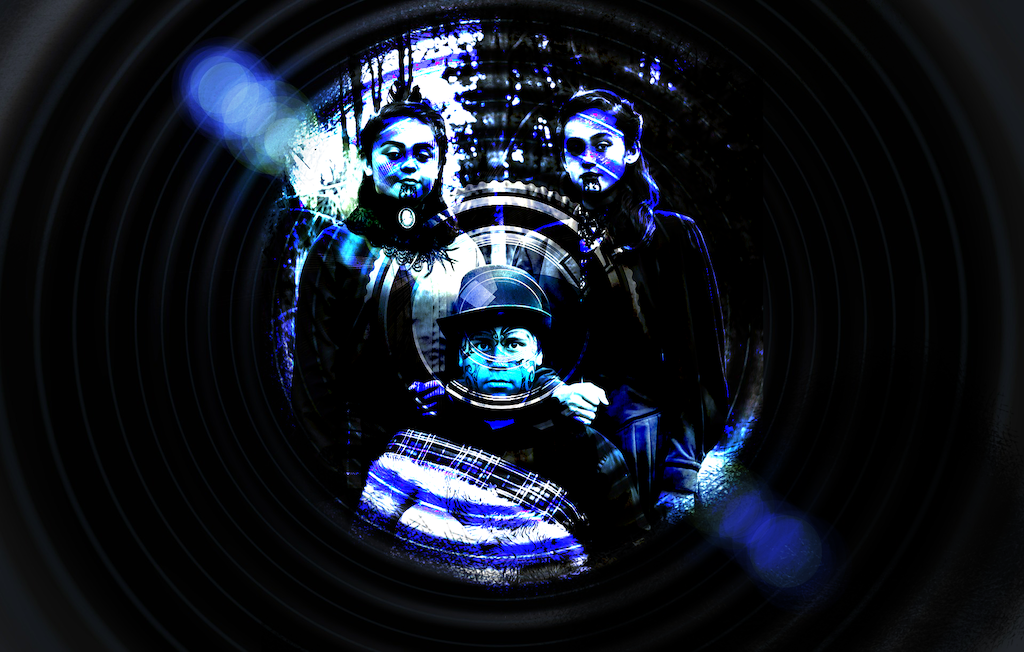
Matariki short Film Submission
Please ensure you have read the entry conditions. Submissions that do not meet the guidelines will not be accepted.
Download and sign the Entry Form and upload it with your submission.





